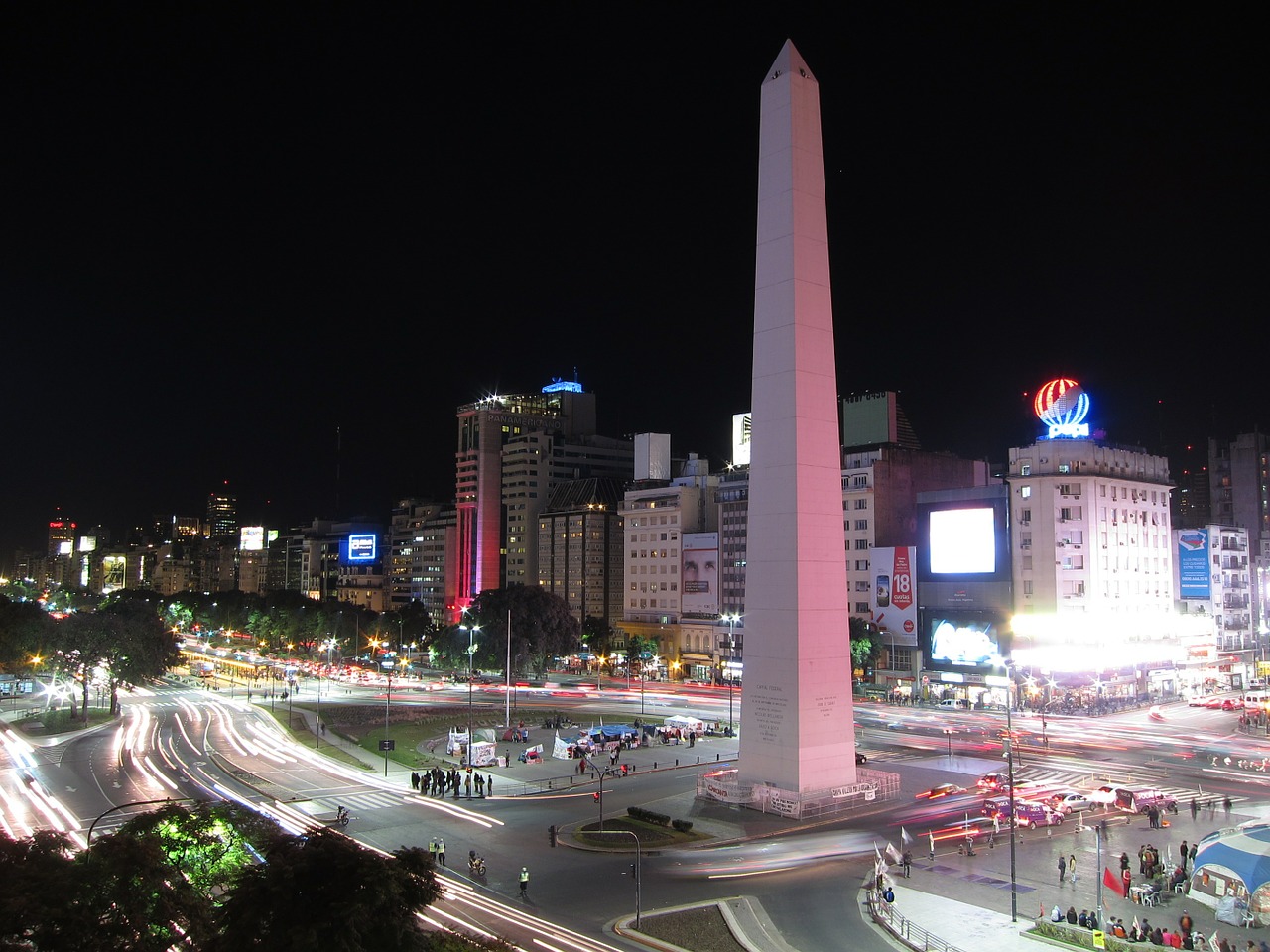

The situation in Argentina is lurching from bad to worse as the country’s economic crisis deepens.
Unfortunately, this is becoming all too common for the South American nation. It wasn’t so long ago that the country found itself in exactly the same position – on the brink of a biting recession, about to default on its debt obligations and suffer a blow to its international credibility.
The falling value of its national currency, capital controls that impose a limit of $10,000 on US dollar access for citizens and businesses, and a disastrous primary election outcome all lead to the question – is Bitcoin a better alternative?
Those who follow Latin American economies are currently banging their heads against the wall with frustration. According to Mohamed El-Erian, chief economic adviser at Allianz writing for the Guardian, “Argentina’s economic crisis is the result of avoidable mistakes”. He continues:
“Argentina has fallen back into crisis for the simple reason that not enough has changed since the last debacle. As such, the country’s economic and financial foundations have remained vulnerable to both internal and external shocks.”
Coin Rivet spoke to Professor of Finance at Babson College John Edmunds about the current situation. Having dedicated most of his career to Latin American economics, his words weighed heavy with the same frustration.
He said: “[In Argentina] they do so many things well, except finance. The financial system is exactly the same design as it was in 1860. Every 15 years it collapses; you can pretty much set your watch by it.”
The fact that president Mauricio Macri finds himself in dire financial and economic conditions and needs to restructure Argentina’s debt repayment policy, or that the country’s sovereign debt has been downgraded by Moody’s to “junk” and Standard & Poor’s to “selective default”, is of no surprise to him. He remarked:
“The previous [crisis] was around 2001 when they went off the convertibility plan… But after that, they were rebuilding the financial system on the ruins of the one that had just collapsed, in exactly the same design. If a country built a bridge over a river and a flood came and washed away the bridge, the country would not build that same design of bridge over that same river in that same place. But if it’s a financial system, Argentina will do it over and over and over again.”
Under such troublesome and worsening conditions, the Argentine government has limited access to US dollars for both citizens and businesses. Individuals seeking to buy dollars will have a limit of $10,000 per month.
The limit is, according to Bloomberg, meant to “halt a slump in foreign currency reserves”. About $3 billion was drained from the country’s foreign currency reserves in just two days before the limit was imposed.
While it seems as if Macri was out of options, imposing currency controls flies in the face of his initial plan to open up the Argentine economy. He has now been forced to resort to the very policies that he vocally criticised before. In fact, Bloomberg goes as far as to say that the Argentina limit of purchasing no more than $10,000 per month is “an embarrassment for President Mauricio Macri”.
In reality, with rampant inflation, worsening poverty, and in the throes of a deep recession, most everyday citizens won’t be affected by the $10,000 limit. However, many companies and individuals doing business internationally find their operations crippled or at a standstill.
For people who need to make larger payments on a regular basis, purchasing Bitcoin could be an alternative. This is one of the reasons that Argentina has seen a huge Bitcoin premium on many local platforms, in some cases over $1,000 above market price.
LocalBitcoins has also seen a massive spike in volume from 11,281,688 for the week of August 31 to 14,889,588 for the week of September 7.
This massive rise in demand despite the premium price certainly gives light to the argument that Bitcoin is a viable alternative to getting around Argentina’s capital controls.
As Coin Rivet has reported previously, Bitcoin adoption in Argentina is among the highest in the world. The country has relaxed regulations regarding cryptocurrencies, a rising number of blockchain-based start-ups, and initiatives to encourage everyday use of Bitcoin. These include making its capital city’s underground transport card (the SUBE) rechargeable with BTC.
Now that the Argentina limit has been imposed and will affect countless businesses and citizens, Bitcoin may be the best way of making international payments and keeping businesses afloat during the mounting crisis.
Denver, Colorado, 24th February 2025, Chainwire
Denver, Colorado, 20th February 2025, Chainwire
Washington, D.C., 18th February 2025, Chainwire
Dubai, UAE, 27th January 2025, Chainwire
Those who enter the market at this time may be surprised to hear that Bitcoin…
George Town, Grand Cayman, 22nd November 2024, Chainwire